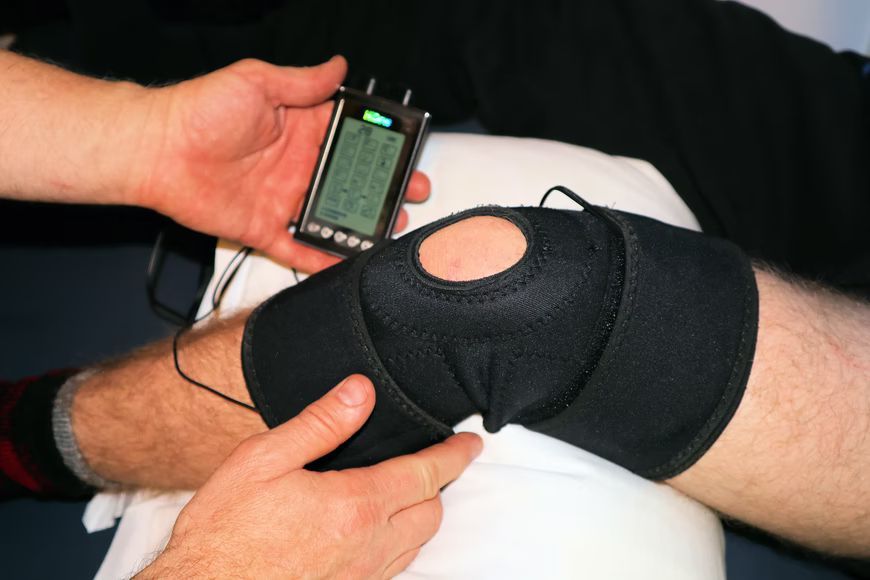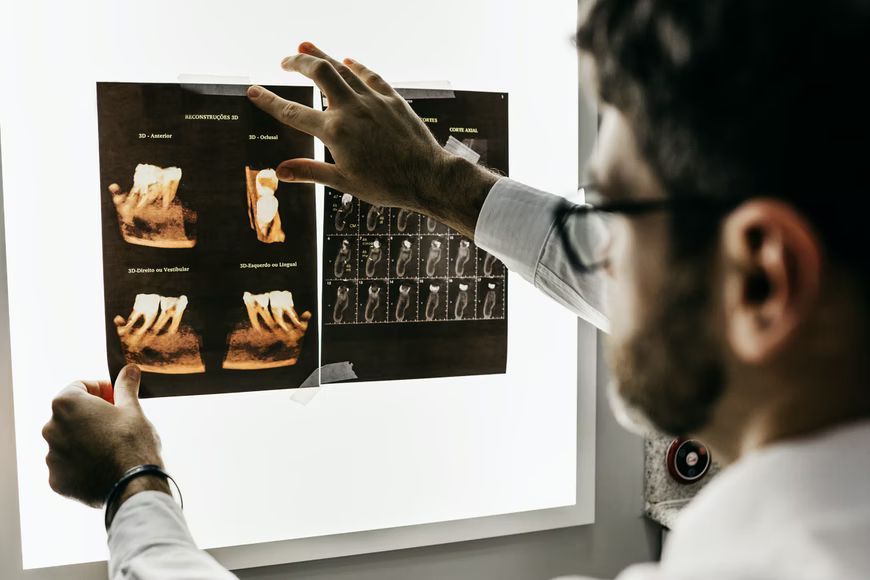What to Know About ‘Permanent and Stationary’ Status
Every workers’ compensation case is unique. The individual, extent of the injury, probability of rehab, and the job demands are all pieces of a puzzle that vary from one case to the next. In many cases, workers suffer an injury and can successfully rehab the injury over weeks or months, eventually returning to their jobs.

But in some cases, returning to work–or at least the same work is not possible. Some injuries result in long-term or permanent disability. And in many cases, the extent of that disability is unknown for many months during recovery. So what begins as a temporary disability can sometimes become a more permanent arrangement. What does that mean for your workers’ compensation claim?
What Does ‘Permanent and Stationary’ Mean?
Severe or persistent injuries take months of rehabilitative therapy to heal. And in some cases, there is a point where further treatment results in no additional improvement of the condition. When a patient is evaluated as ‘permanent and stationary,’ it means that the treating physician’s medical opinion is that the condition is stable and likely permanent. In the state of California, a designation of ‘permanent and stationary’ is often called ‘maximum medical improvement (MMI).
A P&S declaration does not mean the end of medical care or rehabilitative therapy for an injured worker’s condition. But it does signal that the medical opinion is that the condition has stabilized and is not likely to improve.
Related: How to Get Compensation for Back Injuries at Work
P&S and Temporary Disability Benefits
Temporary disability benefits can often continue for terms between 12 and 36 months. It is possible that you may still be receiving temporary disability benefits when your medical status changes to ‘permanent. At this point, temporary disability benefits will be terminated based on your permanent medical designation.

Along with documentation of P&S, your doctor may also elaborate on new restrictions regarding physical capabilities or mental health. If you are allowed to return to work, your job duties may be altered based on this evaluation. And in some cases, the supplemental findings may be sufficient to prevent your return to work.
The medical community uses an established formula to assign ratings to patient evaluation metrics. These ratings generally correlate to the award benefit of your permanent disability settlements. This means that you should study your medical evaluations carefully to ensure your medical condition is accurately reflected. You are entitled to an independent medical exam if you disagree with the findings of your primary physician. The same is true if an insurance company believes that a doctor provides excessive treatment to a reasonably healthy and rehabilitated patient.
Invictus Law offers tailored legal solutions for workers’ compensation claims that help you get the benefits you’re entitled to. Call today to learn more.
What to Expect from the Insurance Company when a P&S Declaration is Made
When the workers’ compensation insurance company receives your doctor’s report, you can expect several things to happen next. Some of these things are done to protect the interests of the insurance companies, and others are regulatory, enforced through penalties.
Disputing the Physicians Report
The insurance company will send the injured worker a notice explaining that they are entitled to dispute the physician’s report through the med-legal process. The insurance company may also initiate a dispute if they deem the treating physician to be providing excessive treatment.
Related: How to Calculate Pain & Suffering Compensation After an Injury
Availability of Alternative Work
The insurance company will notify the employer of the change in medical status, complete with the doctors’ report. At that time, the employer will evaluate the new restrictions and determine if they can provide reasonable accommodation by altering their job duties. This is distinctly different from modified work restrictions that result during a temporary injury. In this case, the employer needs to offer at least 12 months of continuous employment in a suitable role.
If an employer cannot offer a suitable position that fits the workers’ medical needs, they may be eligible for permanent disability benefits. The employer typically has 60 days to respond once they receive notice from the insurance company.
Permanent Disability and P&S
An injured worker who suffers a permanent and irreversible condition that prevents him or her from returning to work may be entitled to permanent disability benefits. So, the next step after a P&S declaration is determining eligibility for permanent benefits and the percentage at which they will be paid.
The disability rating provided by the doctor’s formula provides the basis for determining permanent benefits. The insurance company will use that information to assign a dollar value to the individual’s disability. Generally speaking, a more significant disability will result in a higher benefit amount.

How Does P&S Affect Future Medical Care?
Future medical care is considered in the calculation of benefits. Injured workers will either receive a compromise and release settlement or a stipulated award. This means they will either buy out the right to future medical care for a lump sum or factor in that care to benefit payments.
The date that a workers’ compensation case receives a P&S date is significant. At this milestone, insurance companies are likely to rush to a settlement to minimize their obligations. But this is the most important time to consult with a qualified attorney. Workers receiving a P&S status should not rush to a settlement. At the very least, workers should understand all options on the table before signing any agreements.
Related: When Should You Get a Workers Comp Lawyer
The Bottom Line on ‘Permanent and Stationary’ Status
Injured workers who are reaching the end of their temporary disability status and who have not satisfactorily recovered from their injuries should take the time to understand what a P&S status means. It’s an important milestone in a workers’ compensation case, signaling a time when several big decisions are made. Between eligibility for permanent benefits to maximizing benefit payments that will cover all future needs, a knowledgeable attorney can help you navigate the next steps of your workers’ compensation case.
Invictus Law is a qualified Orange County workers’ compensation attorney skilled at helping workers navigate the claims process. Schedule a consultation today to discuss your case.
